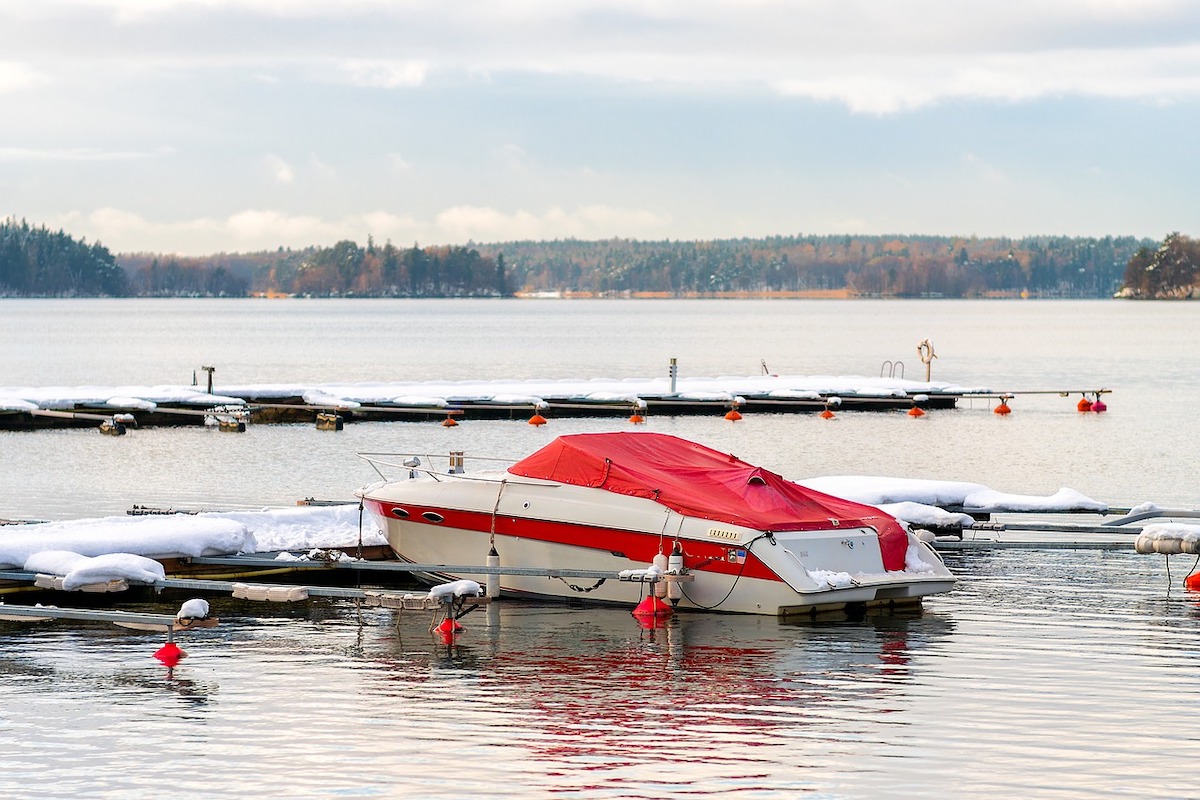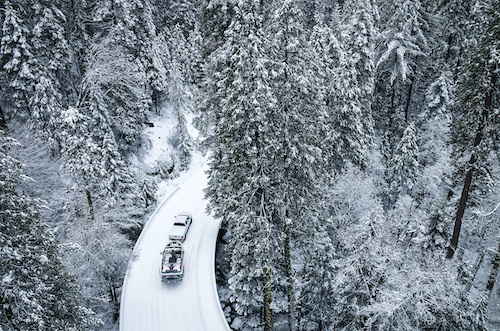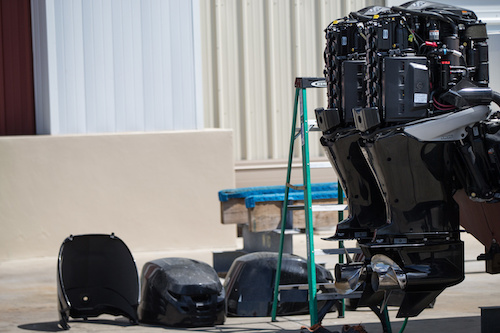As the term implies, winterizing a boat is the procedure completed for preparing a boat for long-term storage. For example, if you live in a climate where the lake is annually certain to be covered by ice, prepping the boat for the freezing off-season is almost mandatory. If left to freeze, water trapped in an engine block, water tank or other on-board plumbing can cause significant and very expensive damage.
This may not be an issue for a boat kept in a more-temperate climate, but even when it’s unlikely that the off-season temperature will drop below freezing, there are still some good reasons to follow the procedure for long-term storage.
Here's 5 factors to consider before answering the question, "Should I winterize my boat?"
How to Winterize a Boat: Step-by-Step Guide
Consider It Part of 'Annual Maintenance'
In cold climates, many boat owners combine the “winterization” process with annual maintenance. This usually includes:
- Changing the engine oil and oil filter
- Checking or changing the gearcase lubricant in an outboard or sterndrive
- Changing fuel filters or spark plugs
- Testing the batteries
- And any other maintenance specified by the engine or boat manufacturer.
Regular maintenance is usually required either annually or every 100 hours. Even if you don’t fully winterize your boat, you should take care of annual maintenance.
Basic Boat Maintenance Checklist for New Boaters
Fuel Care is Crucial
Treating fuel in the boat’s fuel tank and in the engine is also a step in the off-season storage routine. Even if you decide you don’t need to have the engine flushed of water, if the boat will be sitting for more than a month, “winterizing” the fuel tank will help ensure that the engine will start and run smoothly when you’re ready to hit the water again.
How to Winterize Your Boat's Fuel Tank
Don't Trust the "It Never Freezes Down Here" Mindset
The year you don’t winterize your boat will almost certainly be the year you get an unexpected cold snap. That’s just the way life goes. Remember the big freeze in Texas in the winter of 2020-21? One leading marine insurance carrier reported that, historically, Texas is the top state for winterizing-related insurance claims.
The climate is changing, often in unexpected ways. Better safe than sorry.
Utilizing a Heated Storage Option
A heated off-season storage space is a real luxury, one that some boat owners use as an excuse to skip draining the water systems and engines and displacing any water with antifreeze. This can save some time and money, until that big ice storm blows through and knocks out power. Now your warm storage may not be so warm. The expense and inconvenience of a cracked engine block or fractured gearcase is simply not worth taking the chance.
Boat Storage: What Are My Options?
The Dilemma: "What If There's a Nice Day in February?"
If you live in an in-between climate there may be some warm weekends during the winter, and it would be fun to go for a boat ride.
If you have a self-draining outboard, jet boat or personal watercraft (PWC), it may be fine to take advantage of the nice weather. Just be sure to return the boat to its long-term storage state—fuel treated, engine drained, battery maintained—after your warm-weather fling. It may be weeks or months before you use the boat again.
If your boat has a sterndrive or inboard engine that has been treated with anti-freeze, and there’s a chance of more freezing weather, you’ll need to have the engine winterized again if you launch the boat. This is an inconvenience and expense that deters most boat owners from taking a mid-winter cruise.
Read Next: End-of-Season Checklist for Boaters: Equipment Inspection
You May Also Like:



